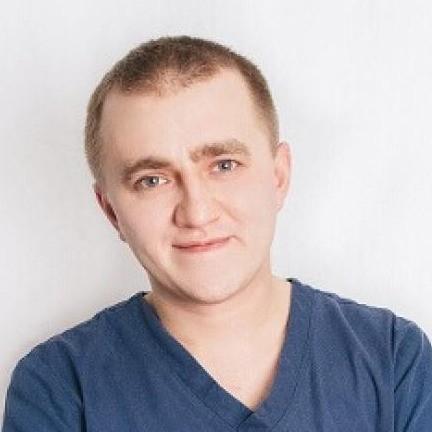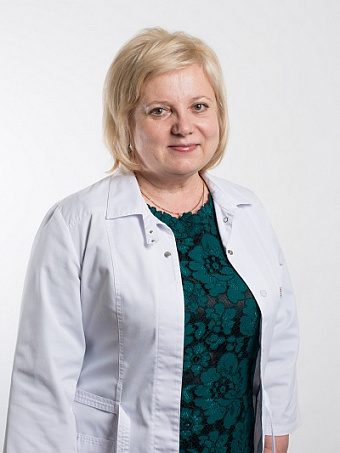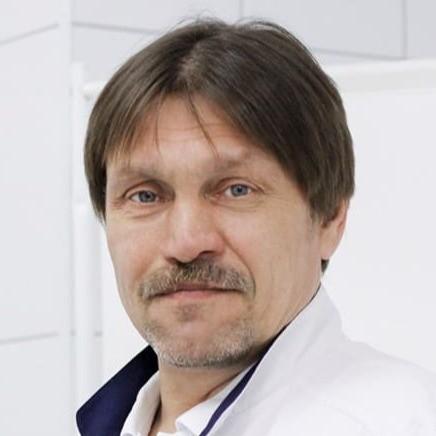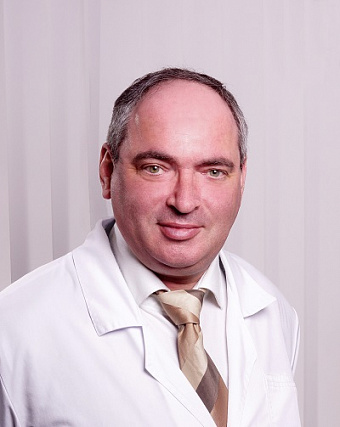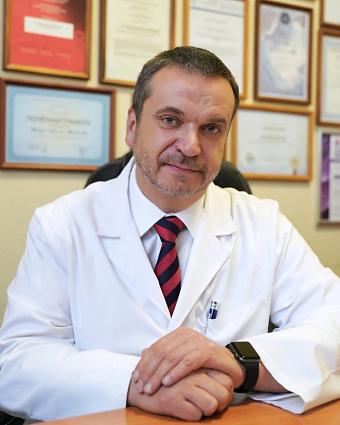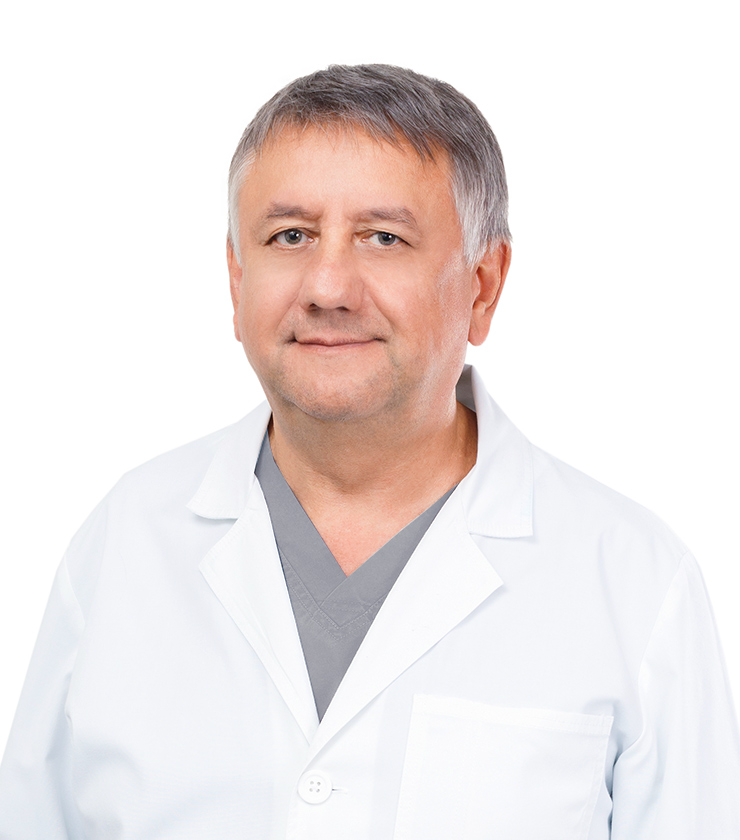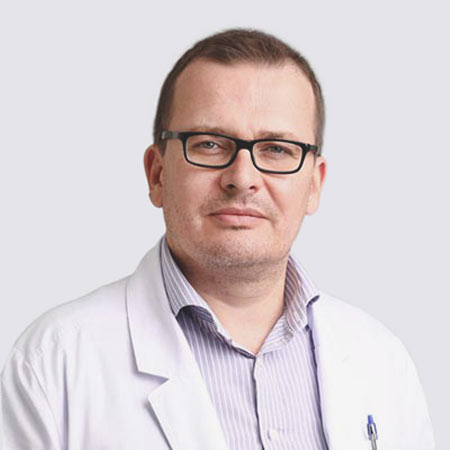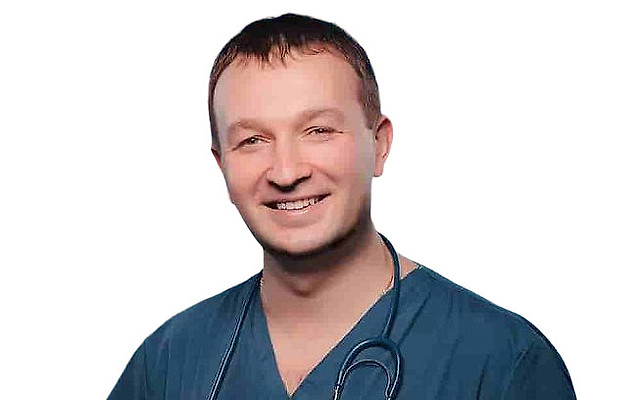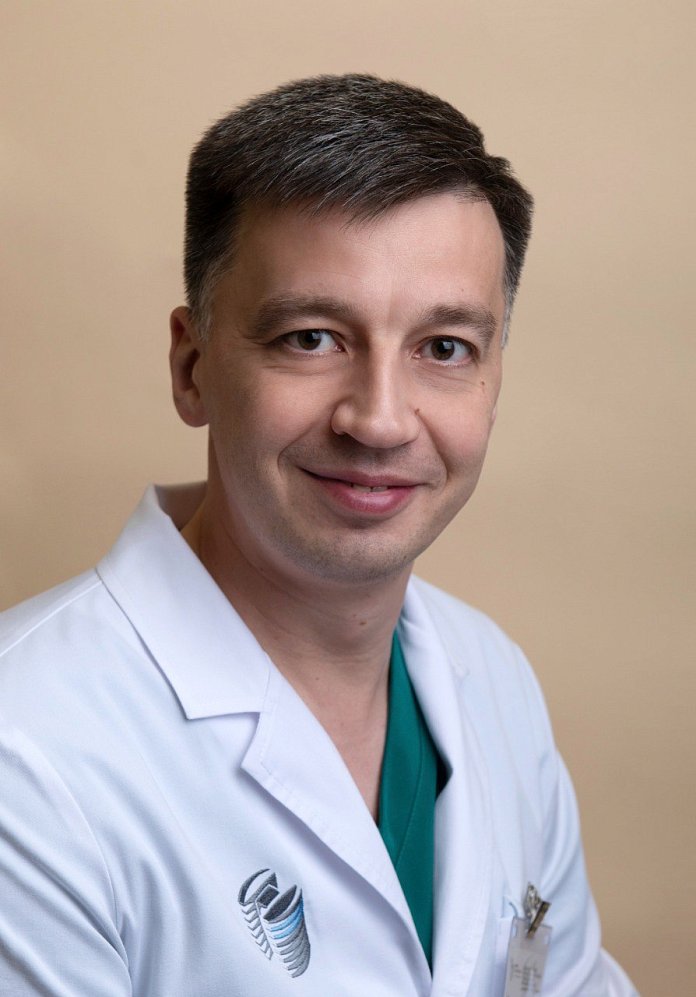Pancreatic cancer
Pancreatic cancer is a malignant disease that affects the cells responsible for producing digestive enzymes and hormones. This type of cancer is highly aggressive and difficult to diagnose at an early stage, which complicates timely treatment. Because the pancreas is located deep in the abdominal cavity, tumors often remain asymptomatic for a long time, leading to diagnosis at advanced stages.
Causes and Risk Factors
The development of pancreatic cancer is associated with a combination of factors:
-
Smoking and excessive alcohol consumption
-
Chronic pancreatitis and inflammatory processes
-
Obesity and poor diet
-
Hereditary predisposition and genetic mutations
-
Exposure to toxins and carcinogens
-
Diabetes mellitus as a comorbid condition
Classification and Types of Cancer
Histological Forms
Tumors vary in type, the main ones include:
-
Adenocarcinoma — the most common form, arising from glandular cells
-
Neuroendocrine tumors — less common, with a different biological profile
-
Other rare malignant neoplasms
Tumor Localization
The tumor may develop in different parts of the organ, influencing symptoms and surgical options:
-
Head — most frequent site, often causing jaundice
-
Body — usually detected later, with less specific symptoms
-
Tail — often diagnosed at advanced stages, frequently with metastases
Stages of Cancer
Tumor Size (T)
Determined by the size and local spread of the tumor, influencing treatment choice.
Lymph Node Involvement (N)
Assesses the involvement of regional lymph nodes, which worsens prognosis.
Metastasis (M)
The presence of distant metastases in the liver, lungs, or other organs indicates an advanced stage and limits surgical options.
Symptoms and Signs
In early stages, pancreatic cancer is often asymptomatic. As the disease progresses, the following may occur:
-
Pain in the upper abdomen, often radiating to the back
-
Weight loss and loss of appetite
-
Jaundice in cases of head involvement
-
Nausea, vomiting, diarrhea
-
General weakness and fatigue
Diagnosis
Diagnostic Methods
A comprehensive evaluation is used to detect the tumor:
-
Abdominal ultrasound (US)
-
Computed tomography (CT) and magnetic resonance imaging (MRI)
-
Endoscopic ultrasound (EUS) with biopsy capability
-
Laboratory tests and tumor markers
Tumor Markers
Elevated levels of CA 19-9 and other specific markers may indicate the presence of a tumor and are used to monitor therapy.
Treatment
Surgical Treatment
The main method for localized forms is resection of the affected area. Types of surgery include:
-
Pancreaticoduodenectomy (Whipple procedure) for tumors in the head
-
Distal resection for tumors of the body and tail
-
Radical resection with lymphadenectomy
Chemotherapy
Used as a primary or adjuvant method to destroy cancer cells, shrink tumors, and prevent recurrence. Platinum-based drugs, gemcitabine, and others are commonly used.
Radiation Therapy
Prescribed in combination with chemotherapy or alone to shrink the tumor and control pain.
Immunotherapy and Targeted Therapy
Modern approaches aimed at specifically attacking cancer cells and enhancing the immune response. These are applied within clinical trials and specialized programs.
Rehabilitation After Treatment
Following surgery and other therapies, patients undergo rehabilitation measures: dietary adjustments, therapeutic exercise, monitoring of pancreatic function, and regular check-ups to detect complications or recurrence at an early stage.
Prevention
Preventive measures include quitting smoking and alcohol, maintaining a healthy diet, weight control, timely treatment of chronic conditions, and regular medical check-ups for at-risk individuals.
Treatment in Russia
Clinics
-
EMC — advanced diagnostic and therapeutic methods, including complex surgeries and innovative protocols.
-
Euroonco — comprehensive approach with targeted therapy and rehabilitation.
-
N.N. Blokhin National Medical Research Center of Oncology — leading research center with state-of-the-art treatment technologies.
Cost
Depends on the stage, scope of procedures, and selected facility. Costs typically include consultations, diagnostics, surgery, medications, and rehabilitation.
MARUS Assistance
The MARUS service supports patients at all stages — from organizing preliminary examinations to selecting the most suitable medical facility. Assistance includes coordinating doctor appointments, preparing documents, accompanying the patient throughout treatment, and managing organizational matters. This ensures that patients receive qualified care without unnecessary stress or delays.
Ophthalmology
Oncology
Dentistry
Oncohematology
Care Assistants
All information on this website is provided for informational purposes only and does not constitute medical advice. All medical procedures require prior consultation with a licensed physician. Treatment outcomes may vary depending on individual characteristics. We do not guarantee any specific results. Always consult a medical professional before making any healthcare decisions.

Doctors
Choose the package that suits you best — from selecting the right doctor and clinic to full trip and treatment organization
MARUS support options
Choose a package that works for you — from choosing your doctor to full-service travel and treatment
Send a request
You choose the clinic — we’ll take care of travel and treatment arrangements and all the paperwork.

